East Boston Seniors Seek Stronger Community Bonds
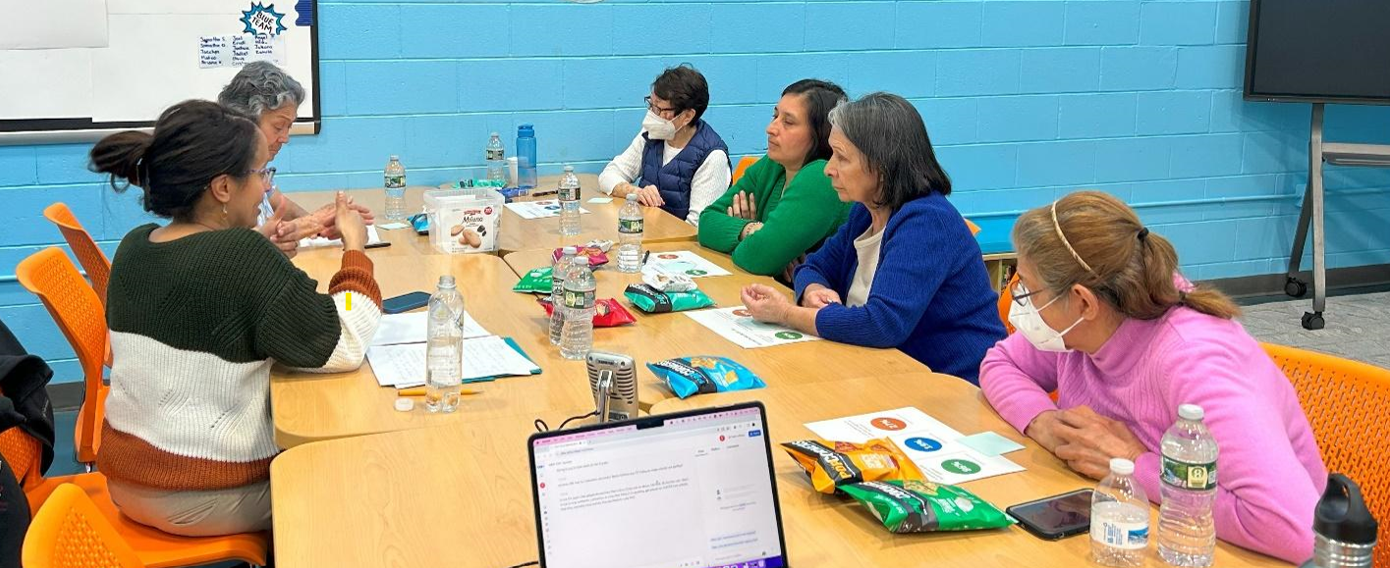
In February 2024, the East Boston Social Centers, a local community organization, led focus groups with older adults from their “Active Adults” program. These discussions revealed complex insights into community connection and loneliness among older residents. Loneliness is a pressing concern, and in 2023, the U.S. Surgeon General declared a national “epidemic of loneliness and isolation.” It’s important to understand how this issue is affecting East Boston.
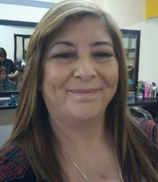
Founded over a century ago, the Social Centers support immigrant families through services like education, recreation, and social support. Their Active Adults program offers year-round activities to help adults 55 and older stay healthy and active. Senior Program Manager Dawn Panos leads the program, working to help East Boston seniors maintain community bonds and a high quality of life.
Under Executive Director Justin Pasquariello, the Social Centers launched a campaign to promote community joy. This sparked a partnership with the Lee Kum Sheung Center for Health and Happiness (LKS Center) at the Harvard T.H. Chan School of Public Health, which entered this relationship as part of Center Director Dr. K. “Vish” Viswanath’s initiative to promote community well-being and health equity.
Conducted as a collaborative effort between the Social Centers and the LKS Center, the focus groups were led by former Social Centers Director of Data and Evaluation Dr. Rosanna M. Batista and former LKS Center Research Assistant and Harvard Master of Public Health student Elaine Jeon.
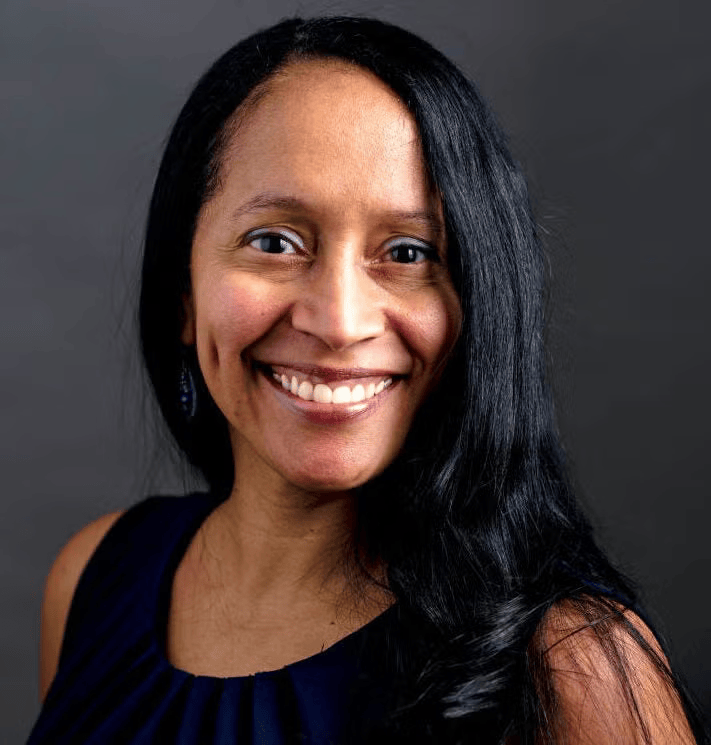
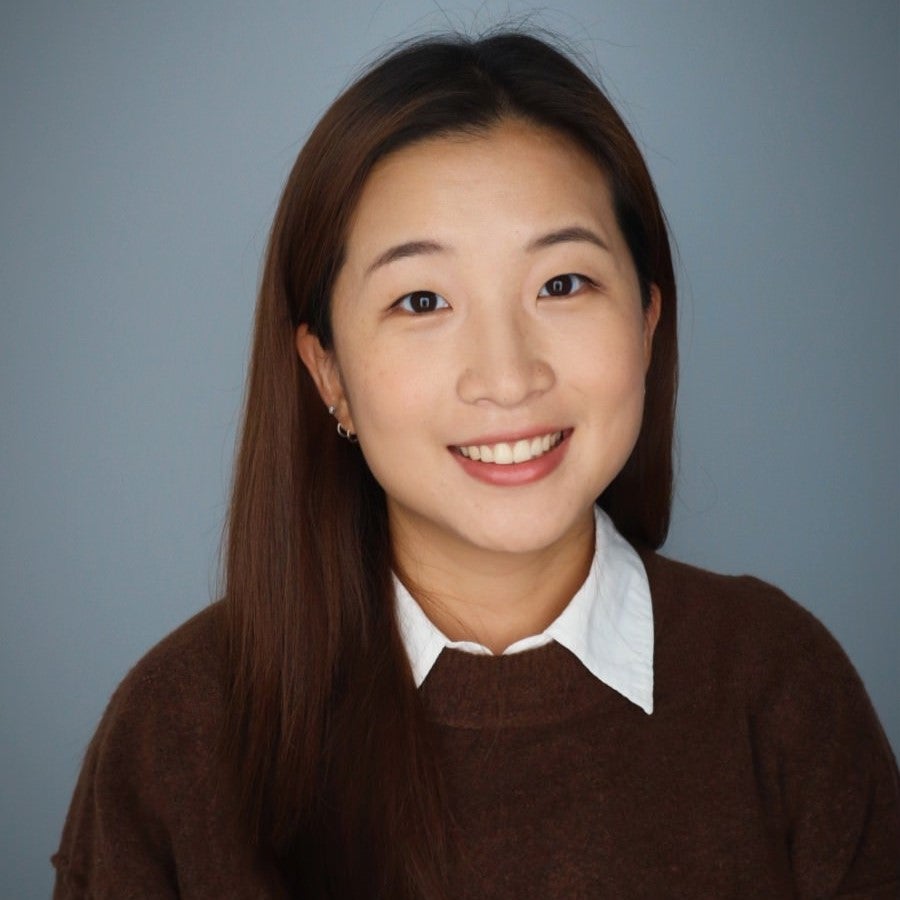
The goals were twofold: to understand how older adults in East Boston perceive social connections, support, and belonging, and to use this insight to shape future programming, strengthening social bonds and fostering a greater sense of community.
The participants, primarily women over 75 who had lived in East Boston for more than 30 years, took part in two focus groups—one in English and one in Spanish, with five individuals each.
Discussions revealed that 70% of participants often felt joyful, and 60% felt at home in their neighborhood. One participant praised the neighborhood’s diversity, saying, “I have a nice neighborhood. A lot of people are from Brazil and the Dominican Republic, and we get along real fine.” Another participant emphasized the importance of the Active Adults program, noting,
Since I stopped working, I didn’t know where to start. Now I feel better because I have friends.

However, challenges emerged.
20% of respondents reported feeling lonely daily.
These findings echo a broader survey by MassInc in May 2023, which found that 19% of East Boston residents felt lonely daily, with 27% often feeling out of place in their neighborhood.
Several factors contributed to this loneliness. Of the 10 participants, 80% lived alone, and 70% were widowed or divorced. Many reported feelings of loss as spouses, friends, and pets passed on. One participant said, “I feel disconnected. I have no friends since I retired. My children moved to another state.” Another noted, “People do not care anymore. They don’t say hello,” reflecting a perceived shift in community dynamics. Additional challenges included the loss of local stores, lack of transportation for seniors, and language barriers between neighbors. Some participants said they only received support during Active Adults activities.
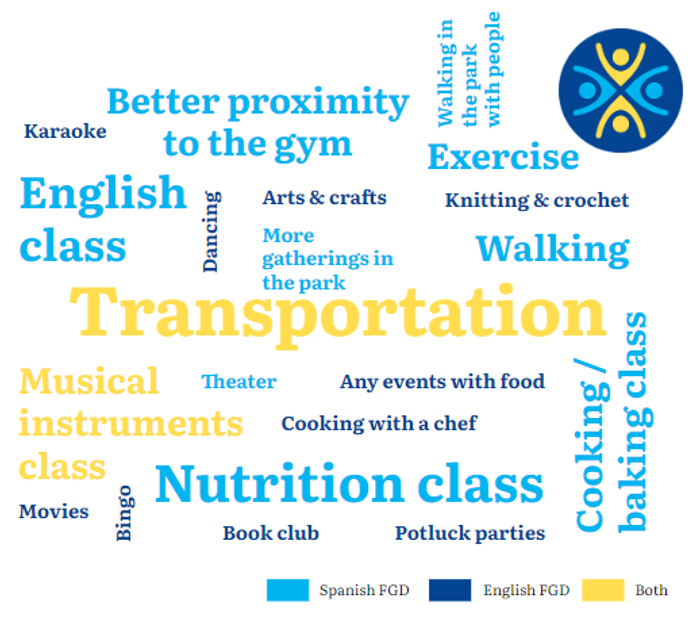
When asked about solutions, participants called for more community activities, social opportunities, educational resources, and efforts to promote cultural understanding. The most common request was for improved transportation, which would make it easier for seniors to access social events and services.
Moving forward, the Social Centers plan to adapt their programs based on these insights, with a focus on increasing social engagement, cognitive and physical activities, and initiatives that strengthen community ties. To support this goal, the LKS Center will sponsor an intern for the Social Centers this summer. The primary goal of this internship is to foster a sense of community and connection within the organization and the larger East Boston area by addressing social isolation and destigmatizing loneliness. The intern will play a key role in developing creative and impactful initiatives that enhance staff engagement and joy, ultimately contributing to a more connected workplace and community environment.
The ongoing collaboration between the Social Centers and the LKS Center will be vital in meeting the evolving needs of East Boston’s senior population, fostering a stronger, more connected community where everyone can thrive.
Article written by Rosanna M. Batista, DrPH, former Social Centers Director of Data and Evaluation, and Ayla Fudala, Communications Coordinator, Lee Kum Sheung Center for Health and Happiness, Harvard T. H. Chan School of Public Health